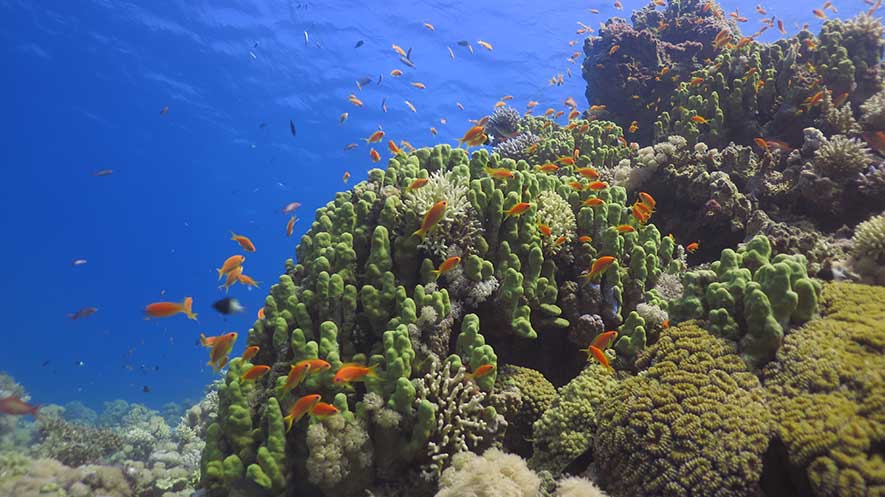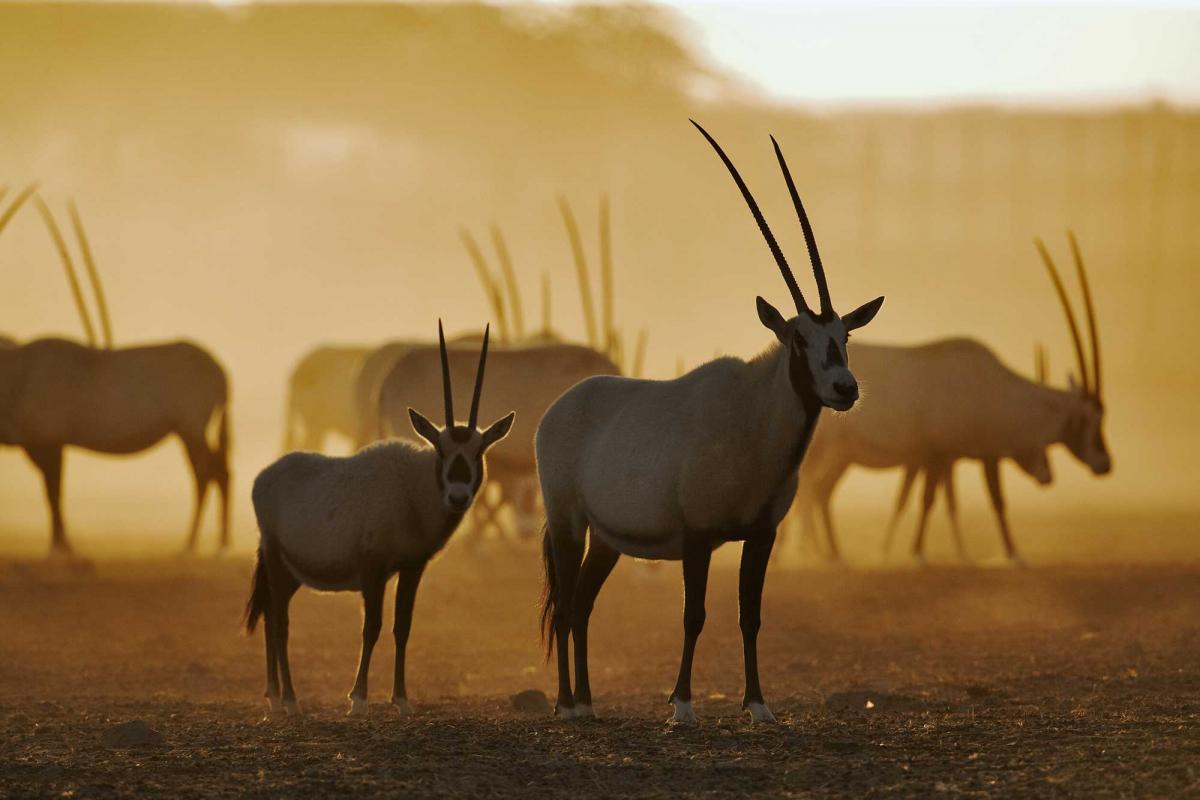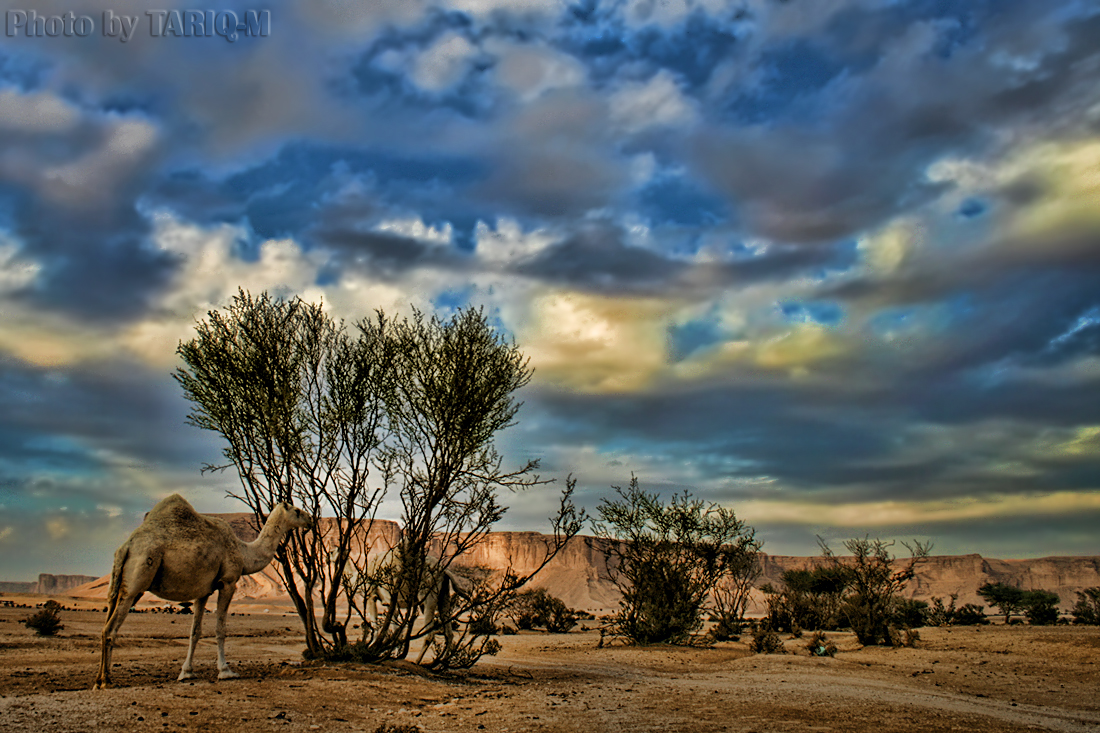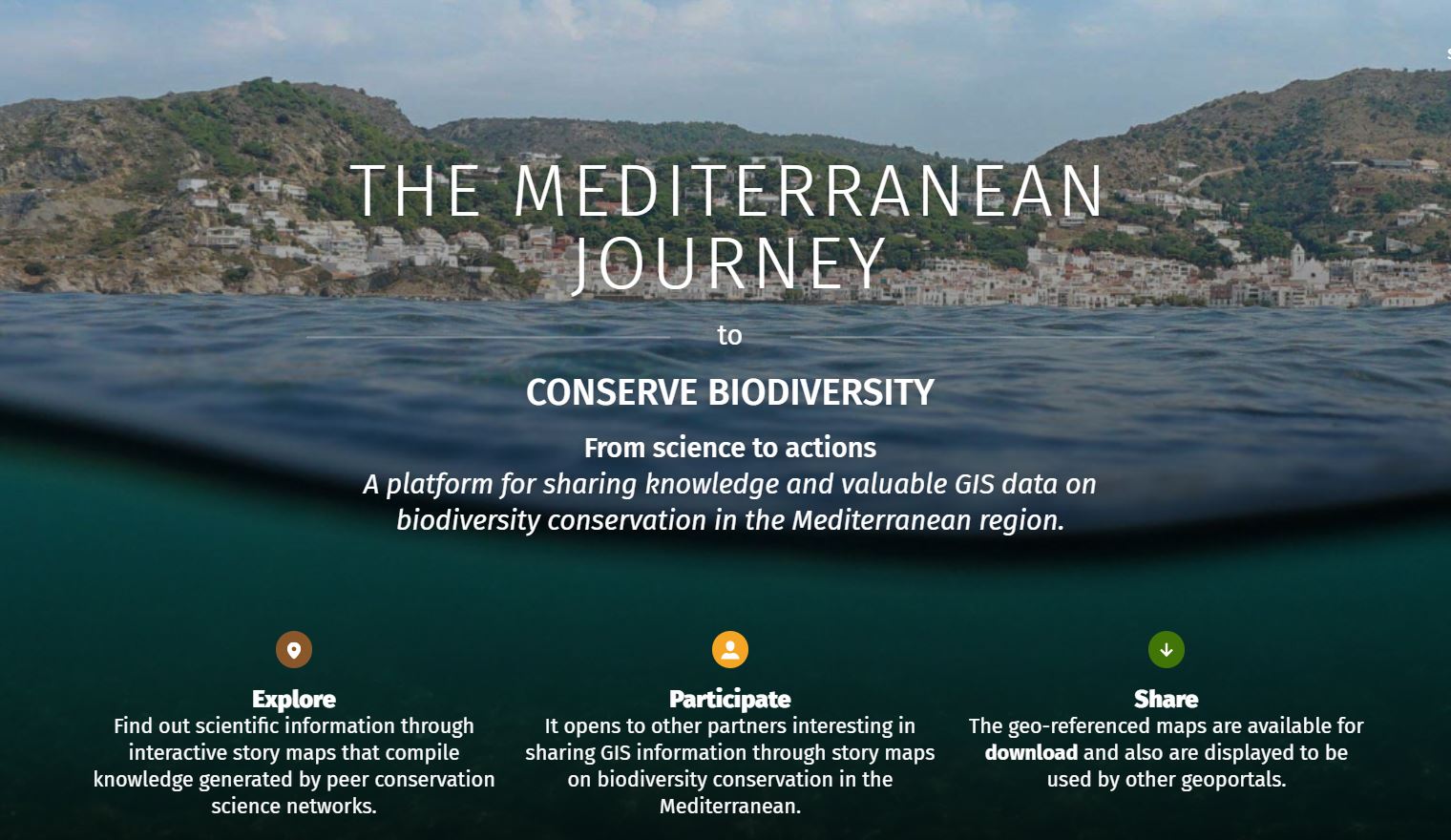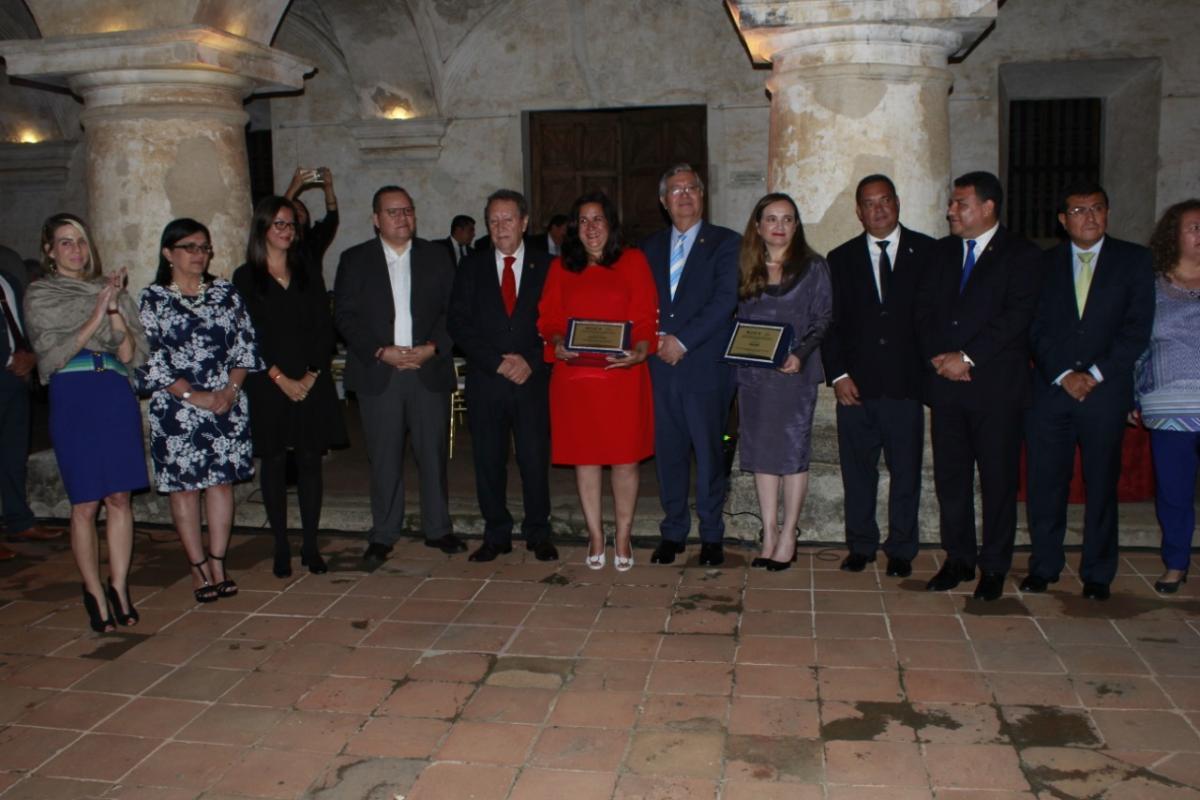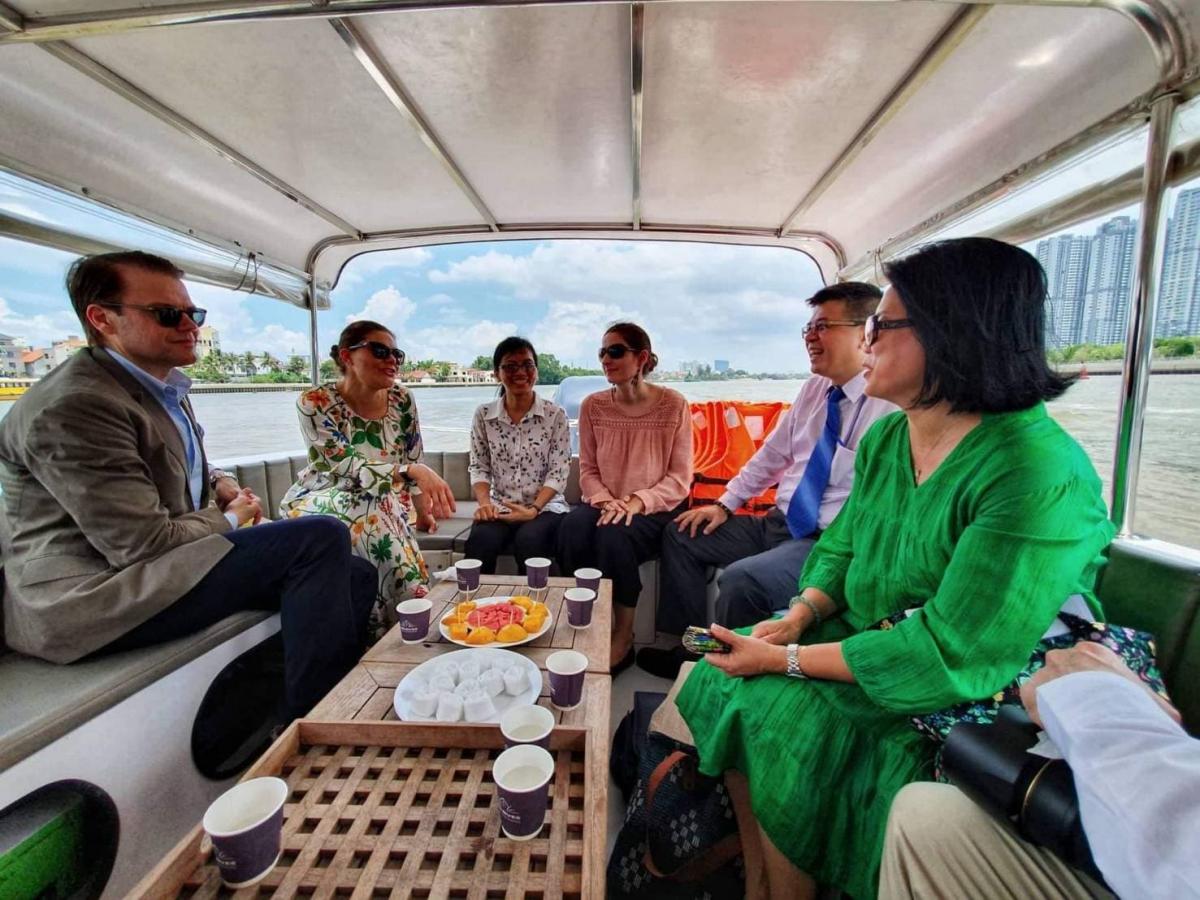Transforming Nature Conservation in Saudi Arabia
IUCN forms a technical partnership with the Saudi Wildlife Authority to share nature conservation success between the Kingdom of Saudi Arabia and the world.
IUCN and the Saudi Wildlife Authority (SWA) have embarked on an ambitious partnership to sustain a transformative agenda for nature conservation in the Arabian country. A new 5-year deal under development will see two-way collaboration on biodiversity protection and protected areas management that will bring Saudi experience to the international conservation community. The SWA and IUCN have enjoyed a fruitful collaboration, dating back to the early 1980s. Following renewed engagement at the UN Biodiversity Conference in Egypt last November, creative exchange of ideas for collaboration have led to an exciting portfolio of joint work proposed over the coming years.
Dr. Hany Tatwany, Vice-President of the Saudi Wildlife Authority stated that “Saudi Arabia welcomes the global knowledge and networks of IUCN to help transform Saudi Arabia’s conservation results into lasting success. With IUCN’s standards and international expertise we can help our staff and managers achieve good results and maintain a strong performance. We hope to expand our progress in meeting global targets, implementing key elements of our national transformation programme, and setting a leading example to the region and the world”.
Saudi Arabia holds globally important biodiversity and is at the centre of several important migration routes for rare birds and marine species The seas on all sides of the Arabian Peninsular contain some of the world’s most intact and resilient coral reef and marine ecosystems. The coral reef ecosystems in places such as the Farasan Islands are in excellent condition and offer globally significant insights into the future of coral reef conservation under climate change. Saudi success stories, especially in species and wildlife restoration and inclusive protected areas management, will be enhanced and lessons learned shared within the Middle Eastern region and beyond.
The SWA will host IUCN in an international technical collaboration unit in Saudi Arabia to facilitate exchange. IUCN will bring expertise and evaluation to Saudi’s protected areas network and biodiversity conservation efforts.
IUCN’s international standards include the IUCN Green List of Protected and Conserved Areas. This is a global standard and an independent verification system for protected areas’ success. The SWA will help IUCN set the benchmark for success in the region and ensure that Saudi nature conservation areas demonstrate tangible results, achieving ‘Green List’ status and recognition. The collaboration will include regional and even global outreach to help other sites and systems achieve good conservation outcomes. The support of the SWA to the IUCN Green List will help this emerge as a global force for improving nature conservation through more effective protected areas.
“The IUCN Green List Standard will help Saudi Arabia’s protected and conserved areas to plan for successful conservation in all important aspects, including fair and effective management, social and community benefits, especially for women, and excellent outcomes for natural values” said James Hardcastle with IUCN’s Green List programme.
Through the first five years of partnership, it is expected that at least 10 Saudi protected areas will become Green List candidates, with as many of these as possible achieving certification. Additionally, IUCN will support a new analysis of Key Biodiversity Areas in the country and support a new national Red List assessment for threatened species and ecosystems. IUCN will also support the development of a tentative list of potential new World Heritage Areas and support nomination processes. Other activities will include a ‘women in conservation’ programme and a national outdoor leadership school.
A key milestone in the collaboration will be a series of co-sponsored events at the IUCN World Conservation Congress, to be held in Marseille, France in June 2020. A dedicated IUCN-SWA pavilion will serve as an exchange hub and accredited daily training sessions will be hosted during the event.
